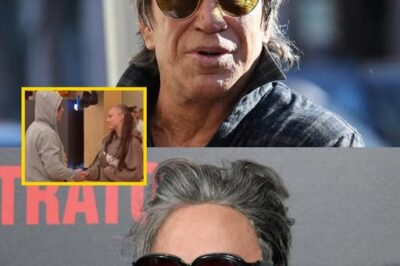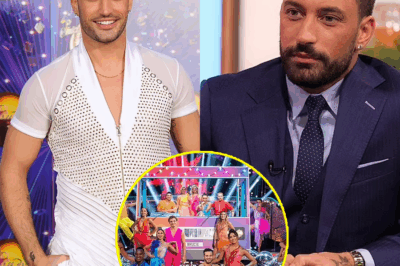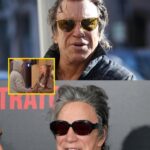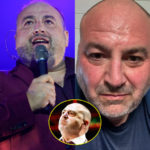Elon Musk, the billionaire entrepreneur and owner of several influential companies, has once again captured public attention. This time, his focus is on “The View,” the long-running daytime talk show. Musk, known for his vocal opinions on social media, has taken a firm stance against the program, accusing it of promoting divisive rhetoric. The campaign to shut down the show has sparked heated debate across platforms, with many expressing strong opinions on both sides.
Musk’s dissatisfaction with “The View” stems from what he perceives as the show’s frequent bias and its tendency to amplify polarizing views. He has criticized its hosts, claiming their discussions often lack balance and stifle meaningful discourse. Using his powerful online presence, Musk has rallied his followers to scrutinize the show, leading to widespread discussion about its relevance and role in modern media.
Supporters of Musk’s campaign argue that “The View” has lost its original appeal, becoming overly focused on sensationalism rather than providing thoughtful commentary. They believe Musk’s criticism highlights a broader issue within media culture, where inflammatory content often takes precedence over constructive dialogue. For these supporters, Musk’s intervention is a call to reform media standards and hold programs accountable for their influence.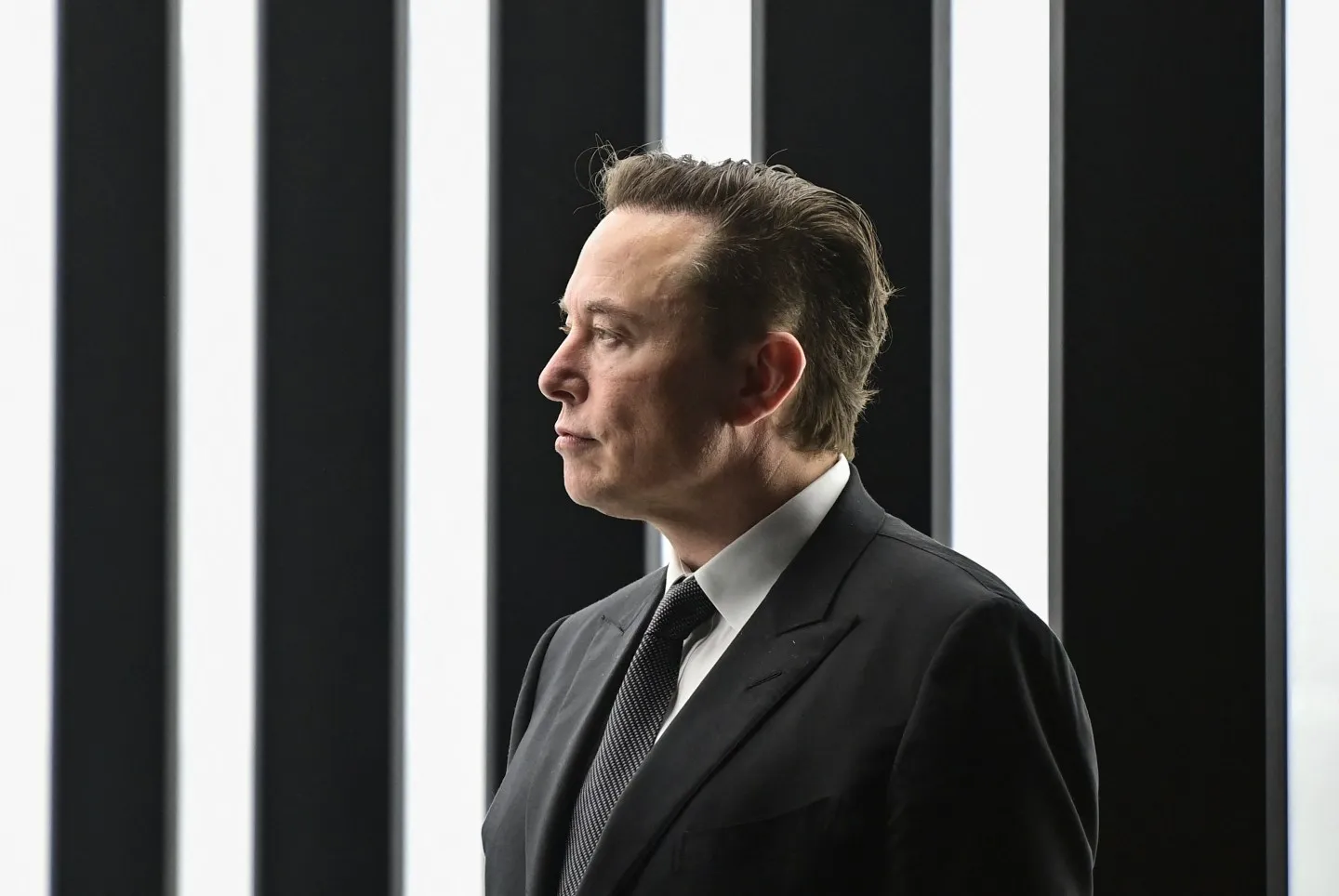
Conversely, critics of Musk’s campaign view it as an overreach, accusing him of attempting to suppress differing opinions. “The View” has long been known for its diverse panel of hosts, who represent varying perspectives on social and political issues. Fans of the show argue that its discussions, while heated at times, reflect the diversity of opinions in society and encourage public engagement with important topics.
Musk’s campaign has also reignited debates about the role of influential figures in shaping public discourse. As one of the most prominent voices in technology and business, Musk’s opinions carry significant weight. Some argue that his criticisms of “The View” demonstrate the potential dangers of concentrated power, as his influence could disproportionately impact the livelihoods of those involved with the show.
The controversy has also drawn attention to the broader implications of media criticism in the digital age. With platforms like Twitter serving as powerful tools for amplifying voices, public figures like Musk have unprecedented reach in influencing public perception. This raises questions about the responsibility that comes with such influence and the ethical considerations of targeting specific entities or individuals.
Musk’s campaign has spurred action beyond online debates, with petitions and organized calls for the show’s cancellation circulating widely. These efforts have amplified the tension between freedom of expression and accountability in media. While some applaud Musk for using his influence to challenge what he sees as harmful content, others worry about the potential chilling effect on media diversity.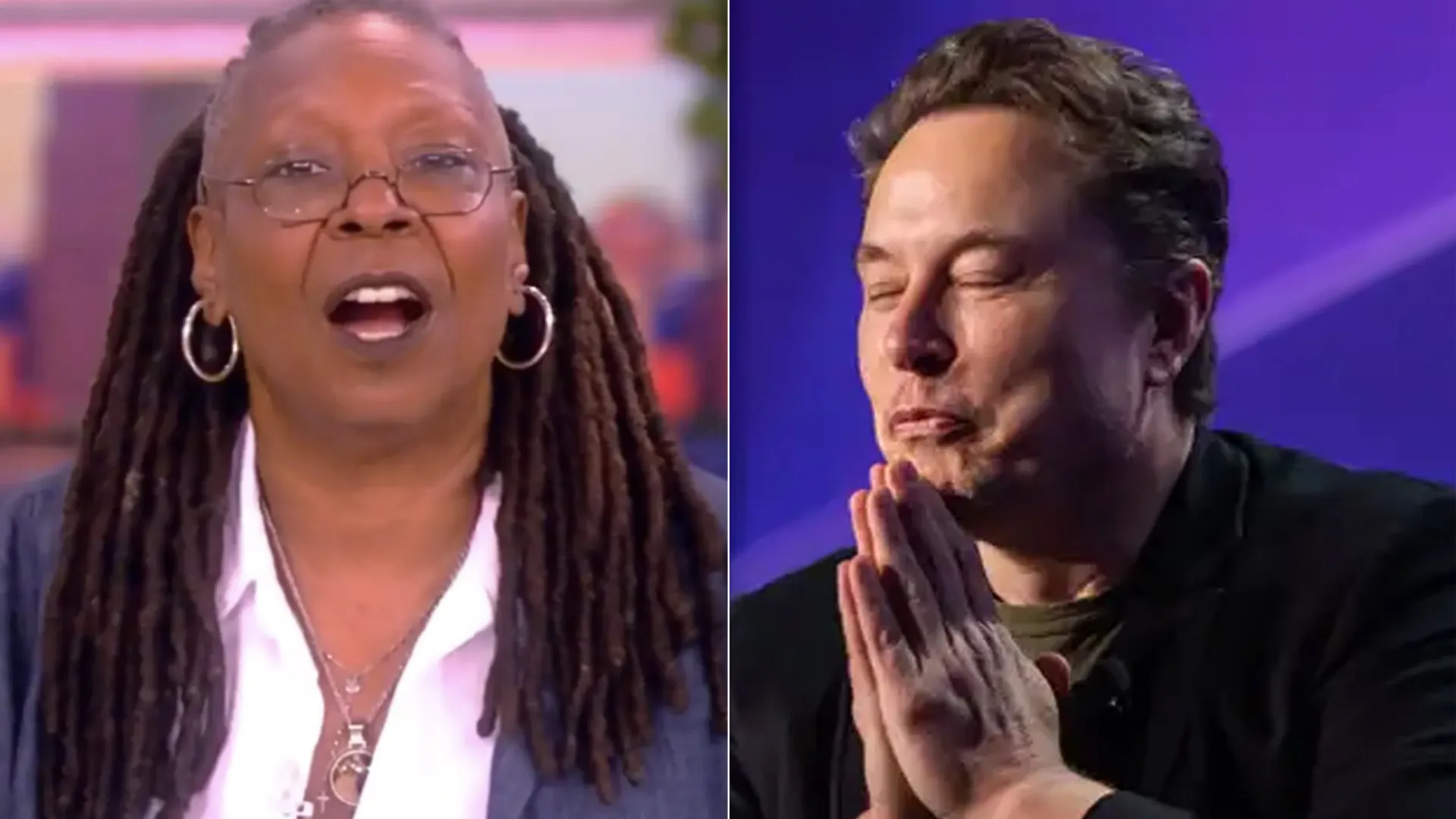
Despite the polarization surrounding the issue, Musk’s campaign has undeniably sparked a larger conversation about the state of media and its role in shaping societal norms. The debate touches on fundamental questions about the balance between critique and censorship, the responsibilities of influential figures, and the evolving nature of public discourse in the digital age.
“The View” has weathered many controversies over its decades-long run, and it remains to be seen whether Musk’s efforts will have a lasting impact on its future. The situation underscores the growing power of social media as a tool for activism and its ability to influence major cultural institutions. As the campaign continues to unfold, it serves as a reminder of the complexities involved in navigating the intersection of media, influence, and accountability.
In the end, Musk’s campaign against “The View” is about more than a single television program. It reflects broader societal tensions over the role of media in shaping narratives and the responsibilities of both creators and consumers in fostering constructive dialogue. Whether the campaign succeeds or not, its impact on the discourse surrounding media ethics and public influence will likely endure for years to come.
News
Chaos behind the scenes: Mickey Rourke exits Celebrity Big Brother UK amid controversy over “repeatedly crossing the line.”
Mickey Rourke has agreed to exit “Celebrity Big Brother UK” following his continued use of offensive language, Variety has confirmed. “Mickey Rourke has agreed…
Giovanni Pernice will NOT be returning to Strictly Come Dancing despite hinting he could make a comeback on the BBC show
It has been confirmed that Giovanni Pernice will not be returning to Strictly Come Dancing. The Italian dancer hinted at a return…
Mickey Rourke is planning to sue Celebrity Big Brother bosses after they ‘cost him a big pay day’: “ITV will have to pay the price”
Mickey Rourke is reportedly planning to sue Celebrity Big Brother bosses after they ‘cost him a big pay day’ by booting him…
Kelly Ripa’s son, Michael Consuelos, shares a family secret on his new show: “My dad still doesn’t accept who I really am, he doesn’t even like to mention my boyfriend…” – Unlock details in Comments
Kelly Ripa’s Son, Michael Consuelos, Shares a Family Secret on His New Show: “My Dad Still Doesn’t Accept Who I…
Following a controversy regarding “insensitive comments,” GoCompare celebrity Wynne Evans asserts that “honesty will prevail,” resolved to regain fairness from the BBC and his spot on the Strictly tour. What fuels his unwavering belief?
Wynne Evans Says ‘Truth Will Win’ in Rare Update as He Vows to Fight Back at Strictly Wynne Evans, the…
Judy Finnigan debuts changed appearance during London outing with Richard Madeley
Judy Finnigan and Richard Madeley grabbed some lunch after a sunny drive and stroll in London, with Judy flaunting long…
End of content
No more pages to load

